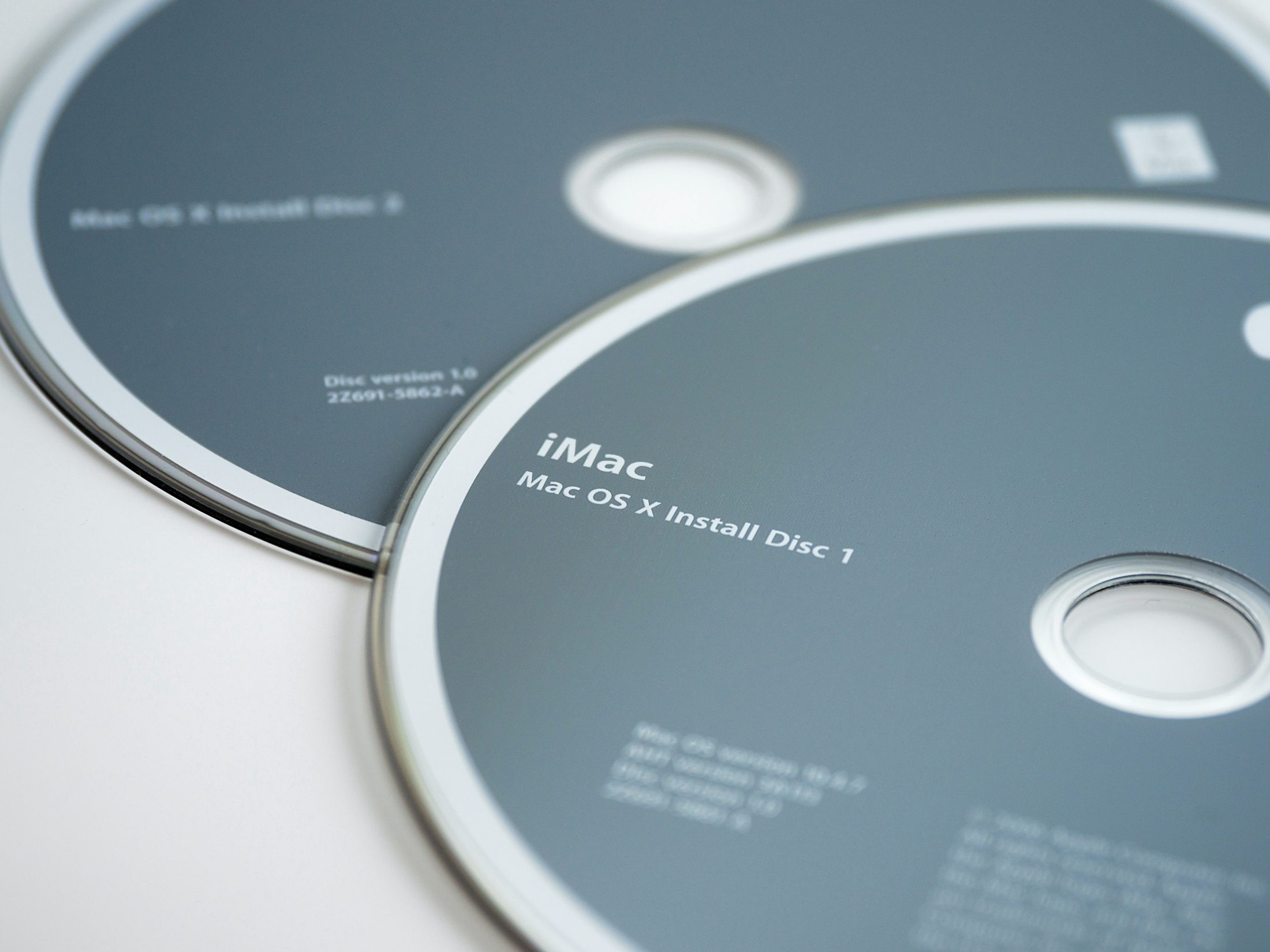EM Law | Commercial Lawyers in Central London

What are software escrow agreements?
Generally speaking, an escrow agreement is a legal arrangement in which an asset is deposited into an escrow account under the trust of an independent third party until satisfaction of a contractual contingency or condition. In corporate transactions, buyers often require a portion of the purchase price to be placed in an escrow account to secure post-closing obligations of the seller. On completion, the money placed in escrow will be released. Under a software escrow agreement, the asset placed in escrow will be a software source code.
In order to develop a software program, software developers must write the source code. Source code is the software program written in its original programming language. In source code form, this program is intelligible to a suitably-trained human being. This source code must then be converted into an object code. The object code is the binary programming language which is capable of being understood by a computer. If a program has bugs or has to be modified or updated, it is the source code which must be amended.
Do I need a software escrow agreement?
Companies with business critical software are often heavily reliant on their chosen software provider. If this software provider was to suddenly stop providing the software, the company could be left with an unsupported system. This could lead to significant interruption of, or damage, to the business and could be a costly issue to resolve. If the company had access to the software code, they could access the software and continue business as usual on the occurrence of such an event. The company could continue running the software themselves or appoint another software provider to take over. Access to the software source code through an escrow arrangement also gives companies the ability to maintain, update and enhance the software as time goes on.
Software escrow agreements can therefore be particularly useful for businesses in a number of situations. These include:
- Where there are concerns about the financial stability of the software provider. If the provider was to go insolvent and the business did not have access to the software source code, there is little that the business could do;
- Where there are concerns that the software provider might, willingly or not, discontinue maintenance and support of the software. Again here, without the software source code, there is little that the business could do;
- Where it would be difficult for the business to migrate to new software. For example where a business is heavily reliant on the software or where the software is particularly complex or bespoke; and
- Where the business has team of technical staff or can appoint another software provider who would be able to work with and maintain the released source code.
While it is clear how the software user would benefit from having the right to access the source code, the software provider may not be as willing to agree to such an arrangement. A software provider is more likely to agree to an escrow arrangement where it has created bespoke software, or where it will be receiving substantial licence and maintenance fees from the user. A software provider may also benefit from an escrow arrangement where the software user has already been assigned the intellectual property rights in the software and has already been given the source code. The use of an escrow agreement in this situation may provide a more secure means of storing the source code than the user itself is able to provide.
What should software escrow agreements include?
Selecting the correct escrow agent is the first step that needs to be taken to ensure that both the software provider and the user are adequately protected. Escrow agents should have safe and secure vaults, and both legal assistance and technical expertise. You should investigate how and where the data will be stored, how long the agent has been in business and how easy it will be to manage your escrow.
Escrow release conditions should also be clearly stated to minimise the possibility of dispute. Such conditions could include:
- Bankruptcy of software provider
- Software provider ceases trading
- Software provider breaches the terms of a licence or support agreement
- Software provider discontinues software/ software enhancement
The deposited source code should also be kept up to date, be regularly tested and be accompanied by the tools and documentation necessary to build the source code into a working system. The escrow agent and the software user should have a system in place to make sure that the deposited source code is always kept up to date. The rights of a user following a release should also be considered as should the payment of any fees.
If your business is in the process of investing in mission critical software then get in touch with us to discuss how to protect your investment and for guidance on software escrow agreements – please contact Neil Williamson.
